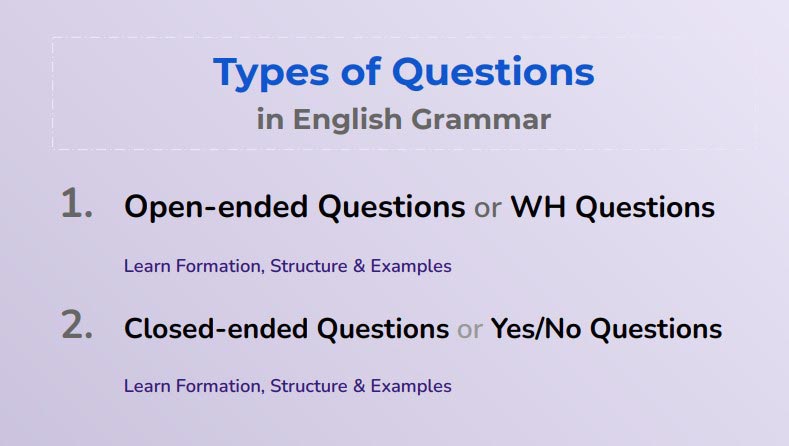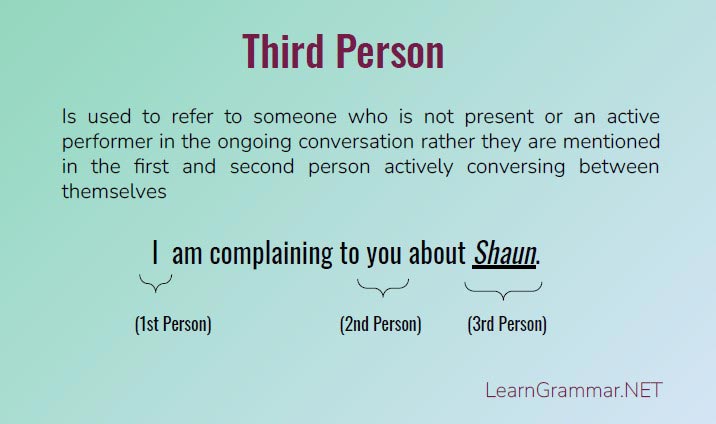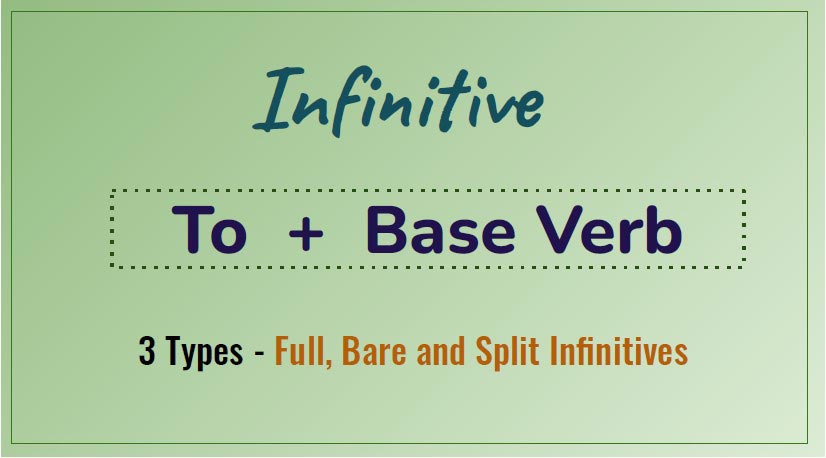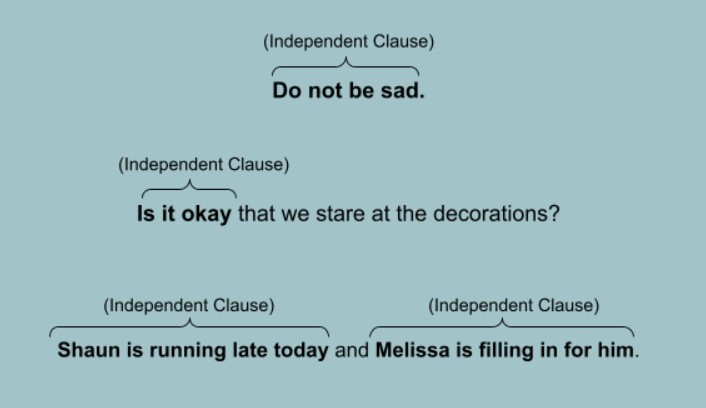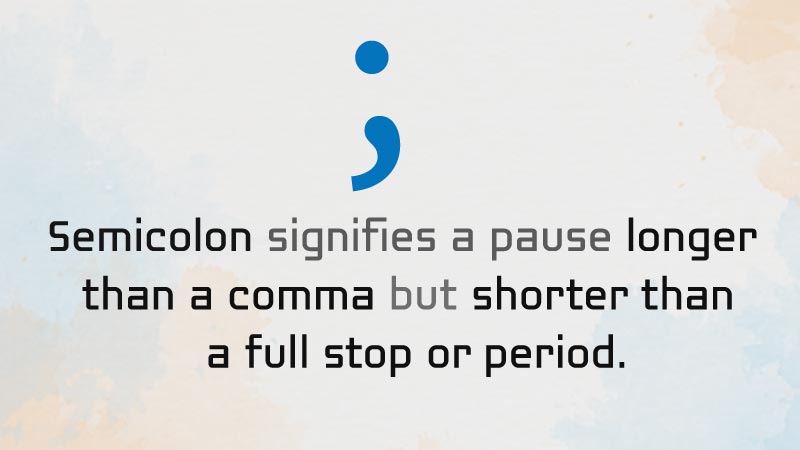What is Noun? Types of Noun with Their Definitions and Examples
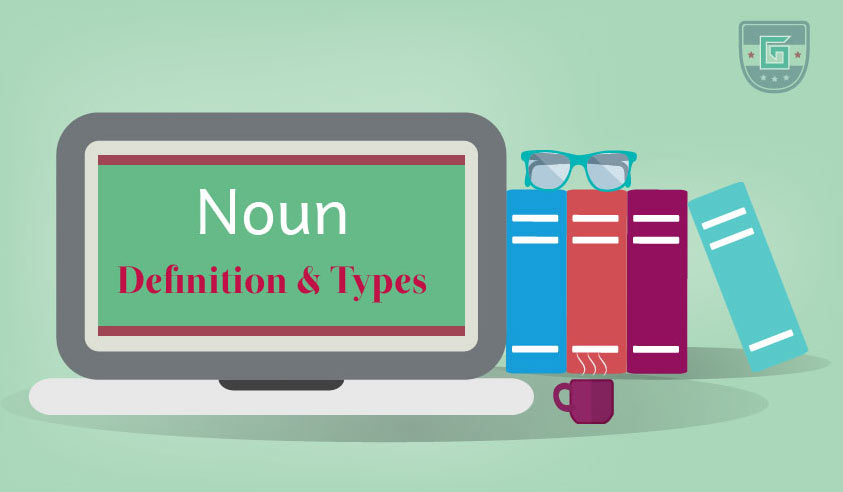
Nouns refer to persons, animals, places, things, ideas, or events, etc. Nouns encompass most of the words of a language.
Noun can be a/an -
- Person – a name for a person: - Max, Julie, Catherine, Michel, Bob, etc.
- Animal – a name for an animal: - dog, cat, cow, kangaroo, etc.
- Place – a name for a place: - London, Australia, Canada, Mumbai, etc.
- Thing – a name for a thing: - bat, ball, chair, door, house, computer, etc.
- Idea – A name for an idea: - devotion, superstition, happiness, excitement, etc.
Different Types of Noun:
- Proper Noun
- Common Noun
- Abstract Noun
- Concrete Noun
- Countable Noun
- Non-countable Noun
- Collective Noun
- Compound Noun
Proper Noun:
A proper noun is a name which refers only to a single person, place, or thing and there is no common name for it. In written English, a proper noun always begins with capital letters.
Example: Melbourne (it refers to only one particular city), Steve (refers to a particular person),
Australia (there is no other country named Australia; this name is fixed for only one country).
Common Noun:
A common noun is a name for something which is common for many things, person, or places. It encompasses a particular type of things, person, or places.
Example: Country (it can refer to any country, nothing in particular), city (it can refer to any city like Melbourne, Mumbai, Toronto, etc. but nothing in particular).
So, a common noun is a word that indicates a person, place, thing, etc. In general and a proper noun is a specific one of those.
Abstract Noun:
An abstract noun is a word for something that cannot be seen but is there. It has no physical existence. Generally, it refers to ideas, qualities, and conditions.
Example: Truth, lies, happiness, sorrow, time, friendship, humor, patriotism, etc.
Abstract Noun examples in sentences
Concrete Noun:
A concrete noun is the exact opposite of abstract noun. It refers to the things we see and have physical existence.
Example: Chair, table, bat, ball, water, money, sugar, etc.
Countable Noun:
The nouns that can be counted are called countable nouns. Countable nouns can take an article: a, an, the.
Example: Chair, table, bat, ball, etc. (you can say 1 chair, 2 chairs, 3 chairs – so chairs are countable)
Countable Noun examples in sentences
Non-countable Noun:
The nouns that cannot be counted are called non-countable nouns.
Example: Water, sugar, oil, salt, etc. (you cannot say “1 water, 2 water, 3 water” because water is not countable)
Abstract nouns and proper nouns are always non-countable nouns, but common nouns and concrete nouns can be both count and non-count nouns.
Non-countable Noun examples in sentences
Collective Noun:
A collective noun is a word for a group of things, people, or animals, etc.
Example: family, team, jury, cattle, etc.
Collective nouns can be both plural and singular. However, Americans prefer to use collective nouns as singular, but both of the uses are correct in other parts of the world.
Compound Noun:
Sometimes two or three nouns appear together, or even with other parts of speech, and create idiomatic compound nouns. Idiomatic means that those nouns behave as a unit and, to a lesser or greater degree, amount to more than the sum of their parts.
Example: six-pack, five-year-old, and son-in-law, snowball, mailbox, etc.
More Types of Noun:
Singular Noun:
Singular Nouns are namely, singular in number. The base form of any noun is naturally singular and so that is the Singular Noun.
Examples:
Duck, Bush, Man, Mouse, Child, Fish etc. are Singular Nouns.
Singular Noun in a sentence:
- I have a pet duck.
- That big bush is beside our house.
- He is the man of the house.
- Ron’s pet mouse is too vicious for such a little creature.
- Their child has a sound sense of situational adjustments.
- I’d like that small fish, please.
Plural Noun:
The plural forms of the Singular Nouns are Plural Nouns. These nouns determine more than one element.
Examples:
Belts, Boxes, Mice, Sheep, People etc. are examples of Plural Noun.
Plural Noun in a sentence:
- There are seven belts in the seat.
- Let’s unpack those boxes.
- Our house is scattered with a herd of mice.
- I’ve chased the sheep back into the shed.
- These people are getting on my nerves.
Regular Noun:
Regular Nouns do not change in spelling when changed into plural; only the regular plural suffixes -s or -es are attached to it according to the grammar and spelling agreement.
Examples:
| Singular Noun | Plural Noun |
| Duck | Ducks |
| Belt | Belts |
| Box | Boxes |
| Bush | Bushes |
| Apple | Apples |
Irregular Noun:
Irregular Nouns do not have plural suffixes added to them for their plural form and they monumentally change in spelling.
Examples:
| Singular Noun | Plural Noun |
| Man | Men |
| Ox | Oxen |
| Fox | Vixen |
| Goose | Geese |
| Mouse | Mice |
Possessive Noun:
The noun that owns something or has something in its possession is the Possessive Noun. These nouns usually end with an apostrophe before one “s” that determines the possession of the object(s) that follows.
Example:
- My cat’s litter needs changing very soon.
- Jacky’s wallet is stolen.
- Your pet’s feeder is missing.
Verbal Noun:
Verb + ing often act as the noun/subject of the sentence instead of posing as a verb and then they become a Verbal Noun. Gerunds can be Verbal Nouns at times.
Example:
| Verb | Verbal Noun |
| Run | Running |
| Smoke | Smoking |
| Kill | Killing |
| Treat | Treating |
- Smoking is injurious to health.
- Killing the runaway tiger is not a solution.
- Running for dear life is what thieves do.
Material Noun:
Substances made out of tangible materials are usually Material Nouns. These are Common Uncountable Nouns by nature since they mostly determine a certain sector type of product.
Examples:
- I lack the common fascination with gold.
- Coal produces nonrenewable energy.
- Humans are 70% water.
Functions of Nouns
Nouns can be used as a subject, a direct object, and an indirect object of a verb; as an object of a preposition; and as an adverb or adjective in sentences. Nouns can also show possession.
Subject: The company is doing great. Roses are the flowers of love.
Direct object: I finally bought a new mobile.
Indirect object: Max gave Carol another chocolate.
Object of preposition: Roses are the flowers of love.
Adverb: The train leaves today.
Adjective: The office building faces the mall.
Possession: The lion’s cage is dangerous. My brother’s daughter is adorable.
Grammar
Read More
- How to Use "Therefore" in Sentences Avoiding Common Mistakes
- How to Use "Whereas" with Examples and Avoid Common Mistakes
- When and How to Use "Thus" Correctly Without Common Mistakes
- How to Use "On the Contrary" Properly with Meaning and Examples
- When and How to Use "Either/Or" with Examples and Common Mistakes to Avoid
- How to Use "On the Other Hand" Effectively without Mistakes
- How to Use "Respectively" with Example and Common Errors to Avoid
- How and When to Use "Moreover" Without Mistakes
- How to Use "Likewise" in Sentences Based on Context & When not to Use
- When & How to Use "Although" in Sentences to Avoid Mistake

